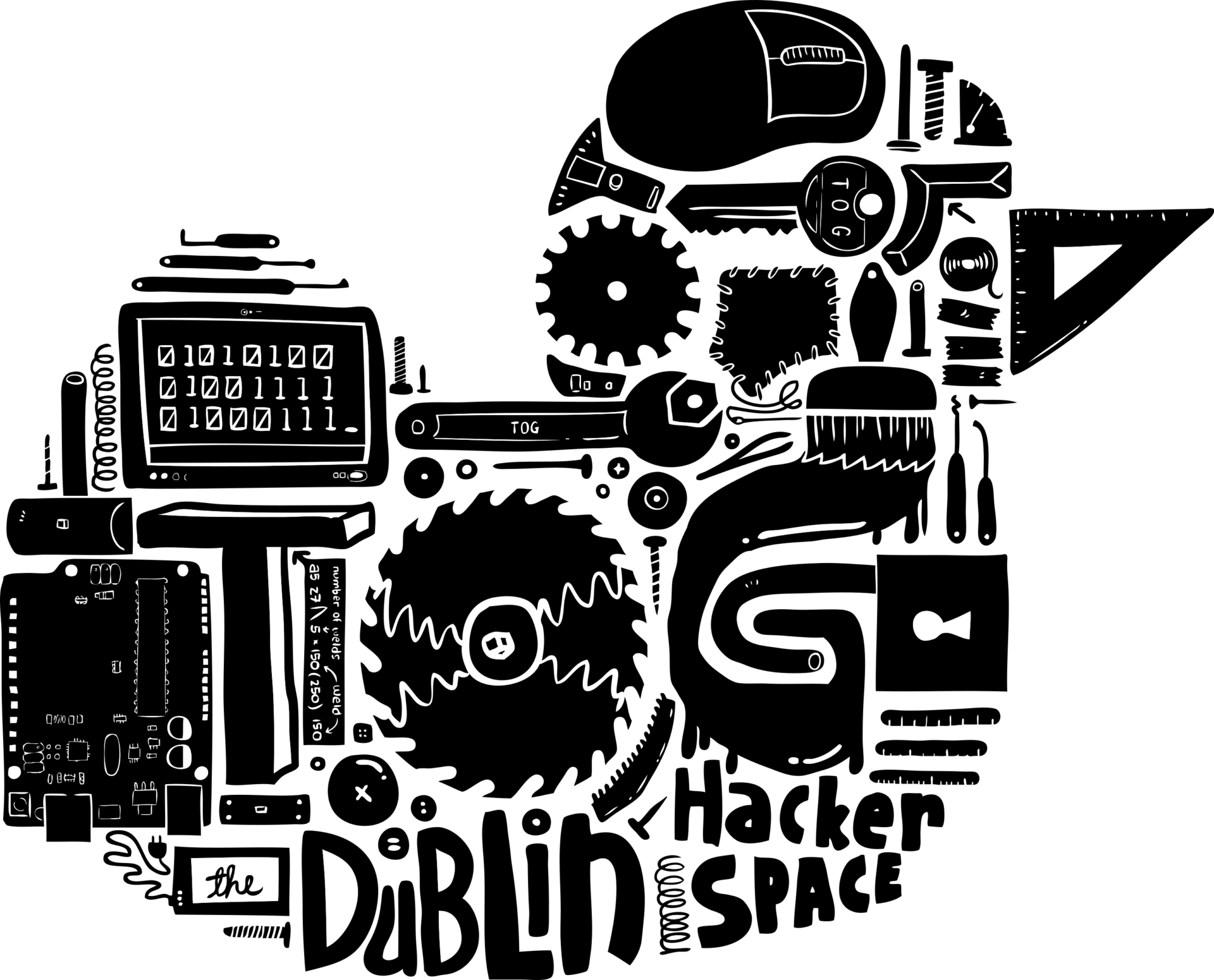
E-textiles, electro-craft, wearable electronics; it’s about taking technology and transforming it around your body, creating symbiosis. Helping technology meld seemlessly into the very fabric of our lives.
Whether you’re looking to augment the human condition or you’re more interested in the romantic ethereal glow of twinkly lights, you have to start somewhere.
LilyPad is a microcontroller system, a wearable version of the Arduino microcontroller (and equally as Open Source), with many accessory boards of sensors and actuators. It is designed to facilitate the development of wearables and e-textiles.
Using it is equal parts hardware, software, and craft. All the information you need to get started with it is available online. But sometimes you’d like a kick in the right direction, so we’re holding a series of LilyPad workshops, every two weeks, to do just that. You can sign up for just one, or all of the workshops. Whatever interests you.
Content;
The first workshop is for complete beginners; an introduction to the LilyPad system, from what the different parts of the board do, to some basic coding, getting data in, and turning on/off some lights. The only thing you’ll need to bring with you is a laptop with USB port, everything else is provided. (If you want to bring your own LilyPad components that’s great, just let us know when you’re booking and we’ll make sure you have everything you’ll need.)
Important: please bring your own laptop with USB port. Closer to the event you will receive instructions on how to install the programming environment.
Optional materials; Any LilyPad board (preferably the Protosnap), with light sensor, switches, and LEDs.
If you want to play with the LilyPad before buying, Protosnap boards can be provided for the duration of the workshop, but you’ll probably have to work in groups of at least two people.
When: Thursday, October 10th. From 7pm until 10pm.
Where: TOG.
Cost: €10 for non-members, €5 for members. (All proceeds go to support TOG.)
Please register through the contact form below the cut.












